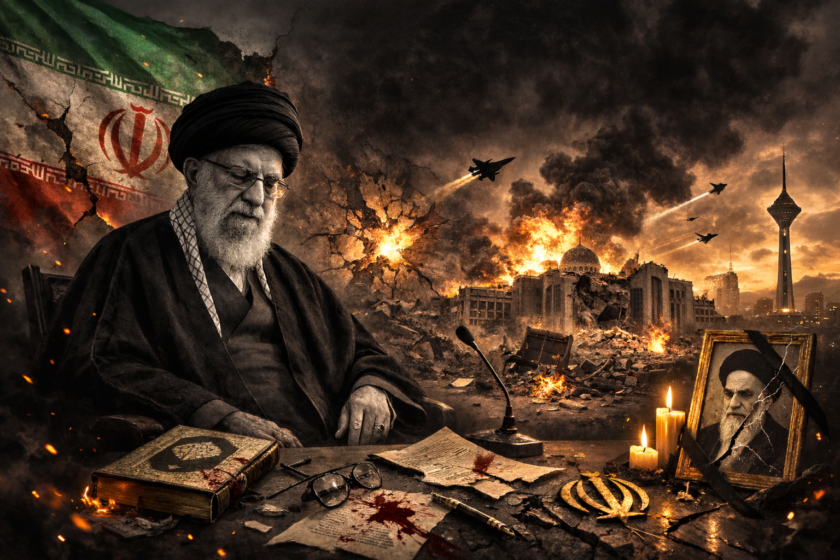Washington: President Trump’s recent pronouncements regarding the escalating conflict between India and Pakistan, while seemingly well-intentioned, underscore the precarious nature of the situation and the urgent need for de-escalation. His assertion that he “gets along with both” and desires to “see them sort things out” reflects a familiar diplomatic posture, yet the gravity of the current crisis demands more than just well-wishes.
The initiation of “Operation Sindoor” by India, following the devastating terror attack in Pahalgam, marks a significant escalation. The retaliatory strikes, targeting terror infrastructure in Pakistan and Pakistan-occupied Kashmir (PoK), have ignited a dangerous tit-for-tat cycle, as evidenced by the Pakistani military’s reported casualties. Trump’s acknowledgment of the long-standing animosity, stating, “they’ve been fighting for many, many decades and centuries,” highlights the entrenched nature of the conflict. However, this historical context should serve as a stark reminder of the potential for catastrophic consequences, rather than a mere observation.
His offer to “help” is a welcome sentiment, but it must be translated into concrete action. The United States, as a global power with significant influence, has a crucial role to play in facilitating dialogue and mediating between the two nuclear-armed neighbors. This requires more than just expressing hope for a swift end; it demands active engagement and a commitment to fostering a peaceful resolution.

The international community must collectively urge both nations to exercise restraint. The potential for miscalculation and unintended escalation is alarmingly high. The focus must shift from retaliatory strikes to diplomatic channels, where grievances can be addressed and a path towards lasting peace can be forged.
The current situation is not merely a regional dispute; it carries global implications. The stability of South Asia, a region with a complex history and a volatile geopolitical landscape, hangs in the balance. Trump’s intervention, if strategically executed, could prove pivotal in preventing a descent into further chaos. However, it requires a nuanced understanding of the historical complexities and a resolute commitment to promoting dialogue and peace. The world watches, hoping that this call for restraint is heeded, and that a path towards a peaceful resolution can be found.









